Pregnancy is a time of anticipation, joy, and sometimes, discomfort.
One prevalent symptom expecting mothers face is hip pain.
This can vary from a dull ache to sharp twinges, affecting daily activities and sleep.
While pregnancy hip pain during pregnancy is often considered a normal part of the process, understanding its causes and remedies can significantly improve comfort levels.
Hip Pain Causes During Pregnancy
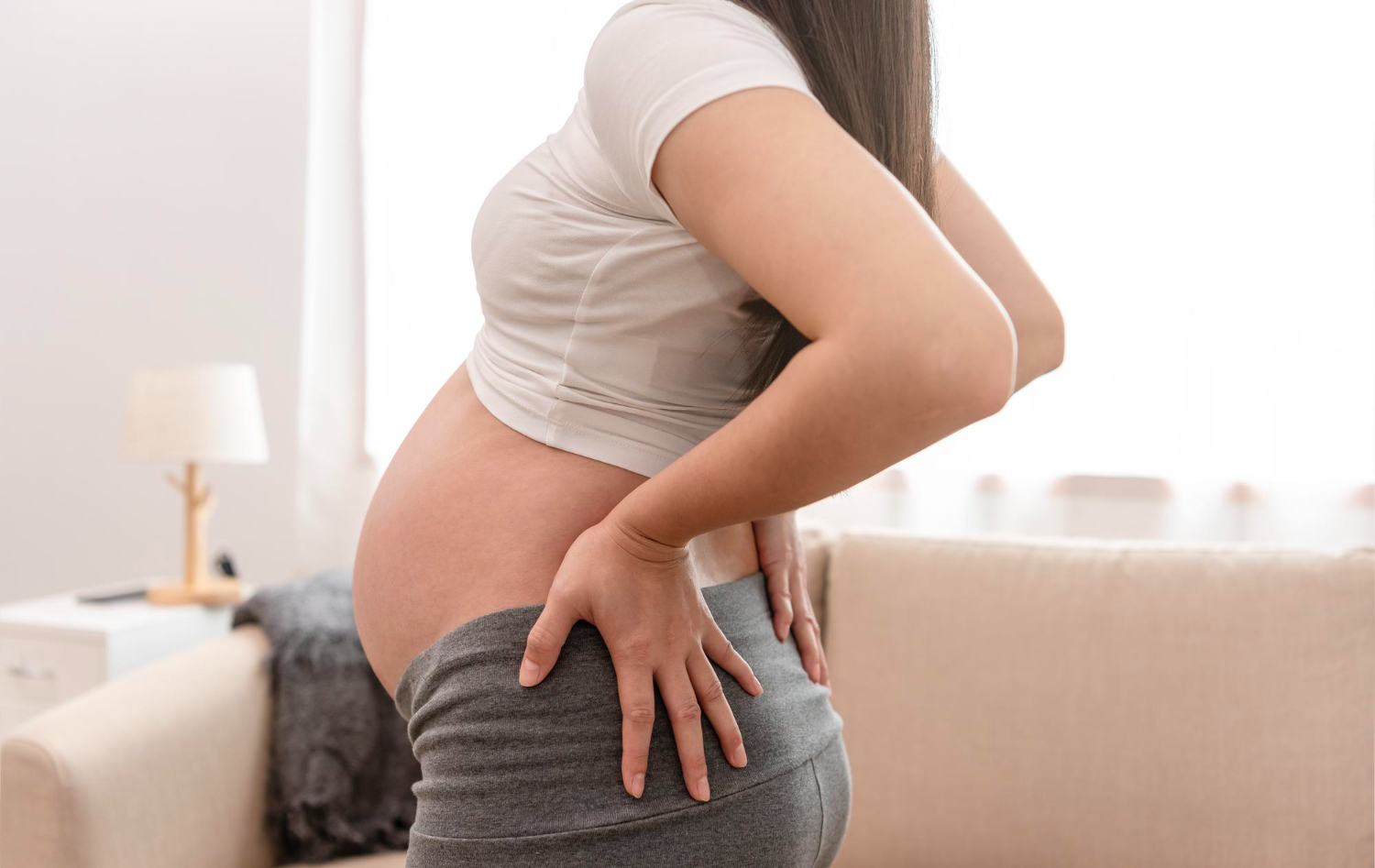
The leading cause of hip pain during pregnancy is the production of the hormone relaxing.
This hormone, while essential for childbirth, makes the ligaments in the pelvis area more flexible, leading to instability and pain.
Furthermore, as the baby grows, there’s more weight and pressure on the hips, sometimes leading to discomfort.
How to Prevent Hip Pain During Pregnancy?
Preventing hip pain starts with maintaining a healthy weight, practicing good posture, and incorporating gentle exercises to strengthen the pelvic and core muscles.
Innovative Therapy PC recommends a personalized approach to understand each individual’s needs and provide tailored suggestions.
First, Second, Third Trimester
- First Trimester: Hip pain isn’t as prevalent in the first trimester. However, early prevention methods like gentle exercises can be initiated.
- Second Trimester: As the baby grows, the hips have increased pressure. Mild to moderate pain might be experienced.
- Third Trimester: Most women experience significant hip discomfort due to the baby’s total weight and the body’s preparation for birth.
7 Home Remedies for Pregnancy Hip Pain
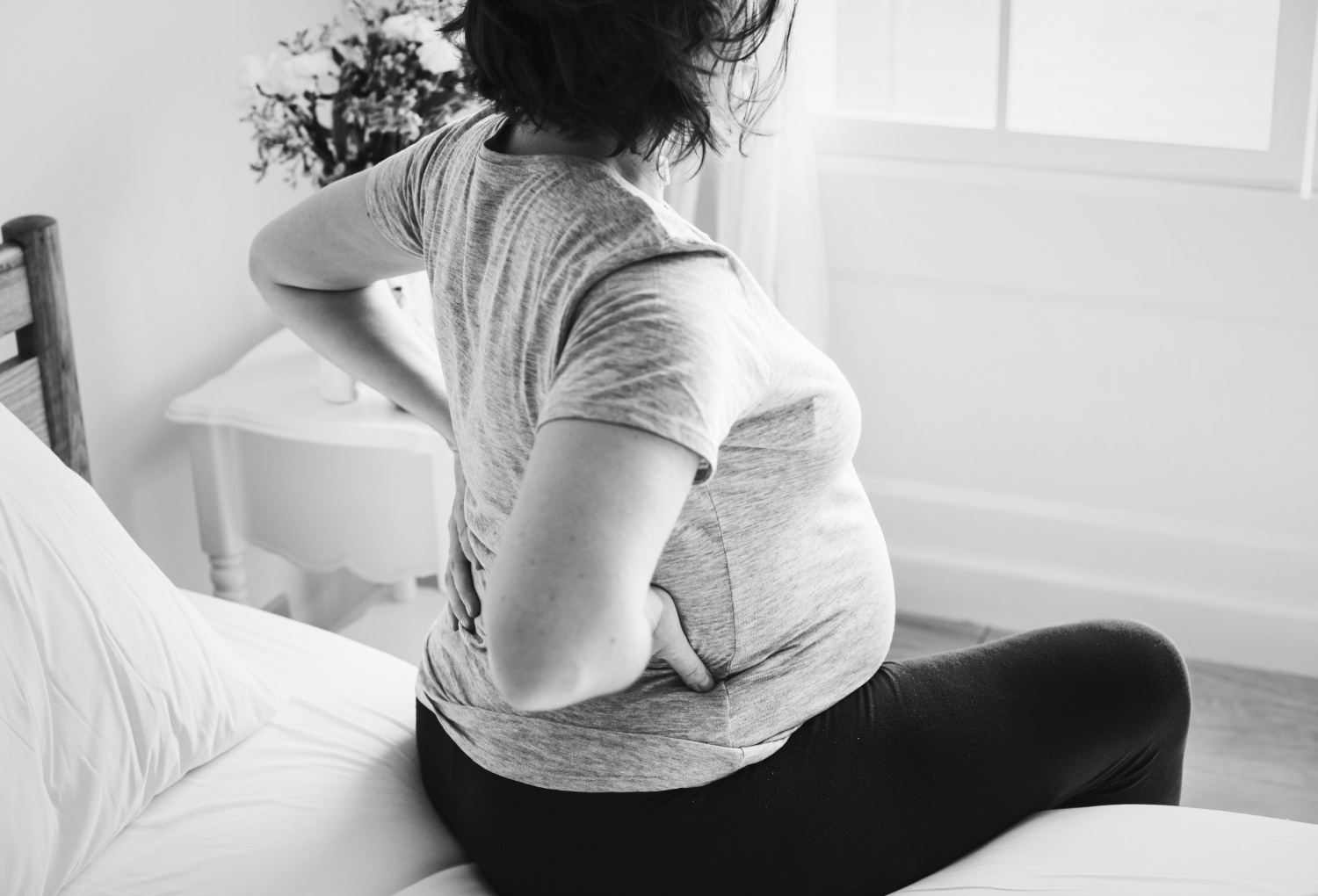
1. Yoga
Yoga strengthens and stretches the body and promotes relaxation and mental well-being, which can be crucial during pregnancy.
Cow Pose:
Benefits: Stretches the spine and hips, promoting flexibility and relieving tension.
Steps:
- Begin on all fours in a tabletop position.
- Inhale, arching your back, lifting your head and tailbone toward the ceiling.
- Exhale, returning to the neutral tabletop position.
Child’s Pose:
Benefits: Stretches the back muscles and hips, offering relaxation.
Steps:
- Begin on all fours.
- Sit back on your heels, reaching your arms in front of you.
- Lower your forehead to the ground and relax, keeping your arms extended.
Bound Angle Pose:
Benefits: Opens up the hips and inner thighs, promoting flexibility.
Steps:
- Sit on the floor, bringing the soles of your feet together.
- Let your knees fall out to the sides.
- Hold your feet or ankles and gently press your knees toward the ground.
2. Other Exercises:
Pigeon Pose:
Benefits: Stretches the hip rotators and flexors.
Steps:
- Begin in a hands-and-knee position.
- Bring one knee forward, placing it more or less behind your wrist.
- Extend the other leg straight behind you.
- Square your hips and gently lower them towards the ground.
Figure 4 (Seated):
Benefits: Stretches the hips, specifically the piriformis muscle.
Steps:
- Sit on a chair with feet flat on the floor.
- Place one ankle on the opposite knee.
- Gently press down on the raised knee while keeping the spine straight.
3. OTC (Over-the-Counter) Pain Relievers
Over-the-counter pain relievers can be purchased without a doctor’s prescription, often abbreviated as OTC.
They are widely used to alleviate mild to moderate pain and reduce fever. For pregnant women, it’s crucial to approach the use of these medications with caution.
While they offer convenience and immediate relief, not all OTC pain relievers are safe for expecting mothers or their unborn children.
Acetaminophen (like Tylenol) is one of the joint pain relievers considered safe during pregnancy when used appropriately.
However, others, such as ibuprofen (Advil, Motrin) or naproxen (Aleve), might pose risks.
Therefore, always consult a healthcare provider before taking any medication during pregnancy, and always adhere strictly to the recommended dosage.
4. Warm Bath or Compress
The therapeutic benefits of warmth have been recognized for ages.
A warm bath or compress can be pretty effective when alleviating muscle or joint pain, especially the hip pain experienced during pregnancy.
Immersing oneself in a warm bath can relax tense muscles, soothing the aches. If a bath isn’t feasible, a warm compress applied directly to the painful area can offer similar benefits. The heat improves blood circulation and reduces muscle spasms.
However, pregnant women must ensure the water’s temperature is comfortable and not excessively hot to avoid potential harm to the fetus.
5. Massage
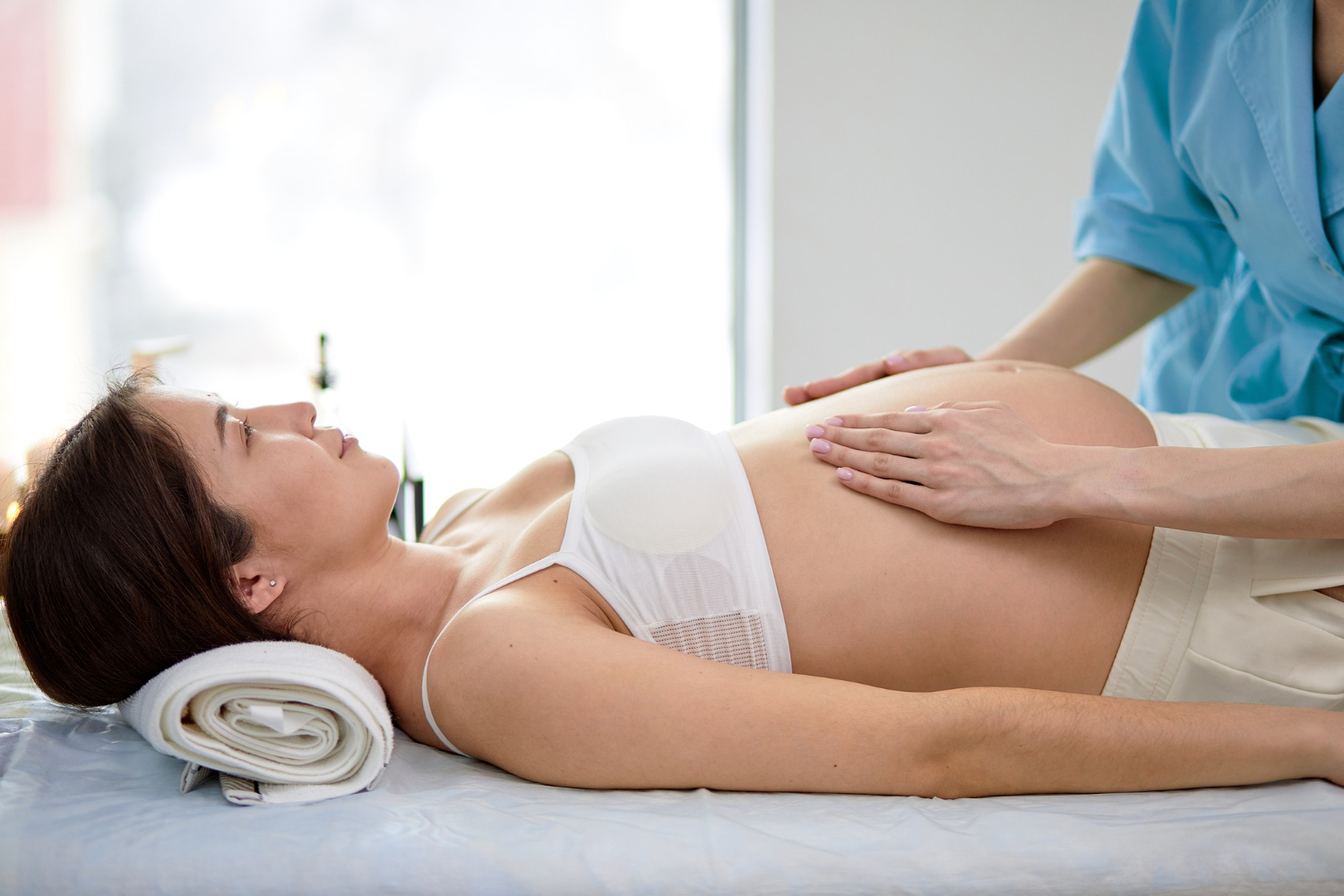
Massage therapy has long been touted for its myriad health benefits.
Beyond relaxation, a good massage can enhance blood circulation, alleviate muscle tension, and improve overall well-being.
For pregnant women experiencing hip pain, a gentle hip massage can provide substantial relief. It’s recommended to seek a professional massage therapist familiar with pregnancy.
They would be well-versed in the pressure points and techniques that are safe and beneficial for expecting mothers.
6. Pelvic Belt
A pelvic belt, often recommended for pregnant women, is a supportive device worn around the hips. Its primary function is stabilizing the pelvic region, thus reducing strain on the back and hips.
The belt achieves this by compressing the pelvic joints, giving them added support.
Pregnant women may find a pelvic belt beneficial, especially in the later stages of pregnancy when the additional weight and shift in the center of gravity can strain the hips.
When selecting a belt, ensure it offers a snug yet comfortable fit and is specifically designed for pregnancy.
7. Sleeping Positions for Hip Pain While Pregnant
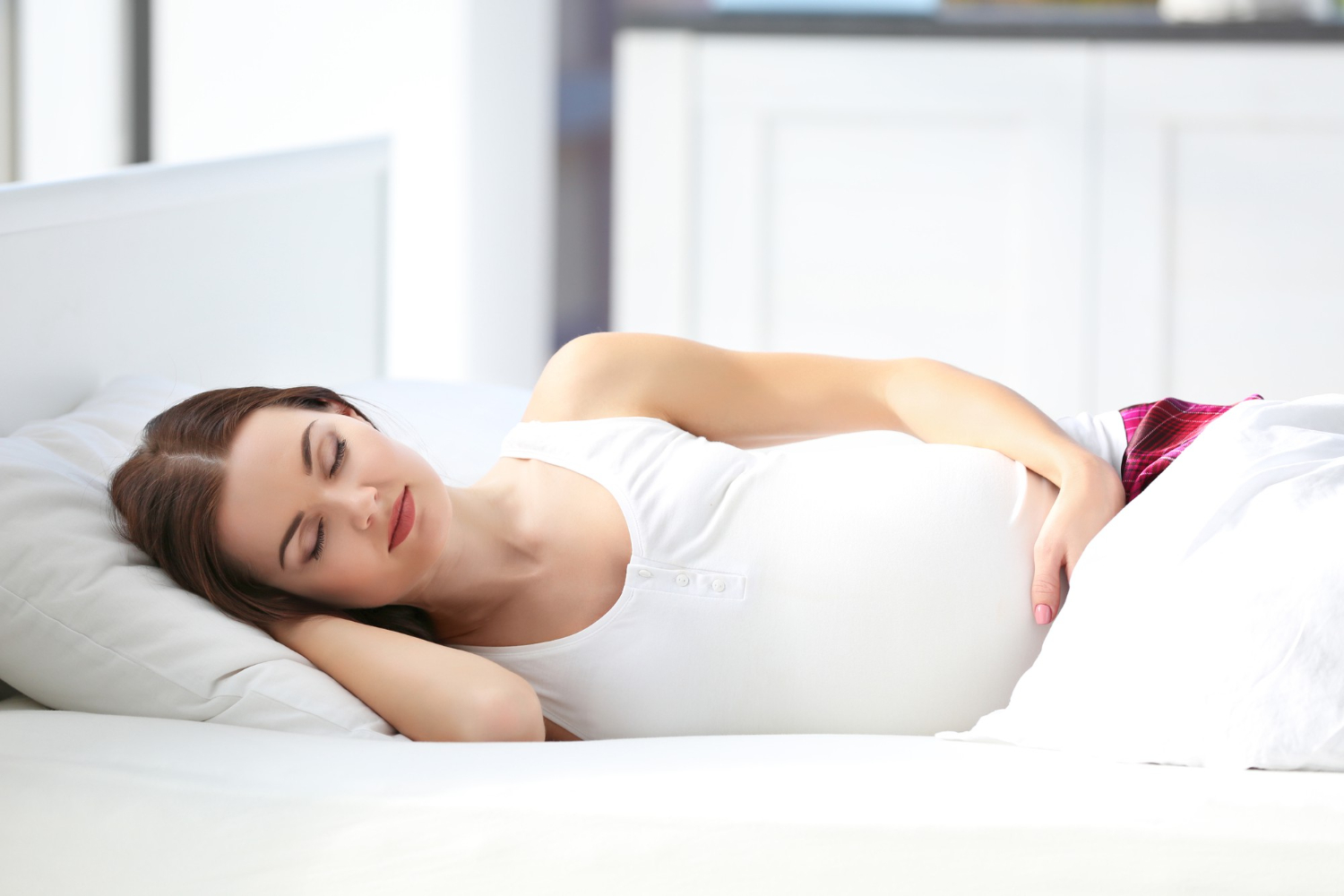
Sleep is essential, more so during pregnancy. However, the typical sleeping positions might become uncomfortable or exacerbate hip pain as the pregnancy progresses.
One recommended position is sleeping on the side with a pillow between the knees.
This arrangement alleviates pressure on the hips and ensures proper alignment of the spine and pelvis.
The pillow acts as a cushion, preventing the upper leg from pulling the spine out of alignment and stressing the hips and lower back.
As the pregnancy advances, most women find this side-lying position with a pillow the most comfortable and relieving for hip pain.
Also Read On Hip Pain:
- Comprehensive Hip Pain Guide: Causes, Symptoms, Treatments
- Hip Pain at Night: Causes, Treatments, and Prevention
FAQs About Hip Pain in Pregnancy
How can I relieve hip pain during pregnancy?
Relieving hip pain during pregnancy involves a combination of home remedies, exercises, and lifestyle changes. Some methods include:
- Yoga and Exercises: Specific poses and stretches, such as the pigeon pose or the seated figure-4 stretch, can help alleviate hip tension.
- Warm Bath or Compress: Warmth can soothe muscle tension. Ensure the water temperature is comfortable, not overly hot.
- Massage: A gentle massage, especially from a therapist familiar with pregnancy, can relieve muscle tension and improve blood circulation.
- Pelvic Belt: This supports the pelvic region, reducing strain on the back and hips.
- Optimal Sleeping Position: Sleeping on your side with a pillow between your knees can help maintain the alignment of the hips and reduce pain.
- Consultation: Always consult with a healthcare provider or physiotherapist about persistent pain.
Why do my hips hurt so bad during pregnancy?
Hip pain during pregnancy is primarily due to a woman’s hormonal and physical changes. The hormone relaxin, released during pregnancy, loosens the ligaments in the pelvic area to prepare for childbirth, which can lead to discomfort.
Additionally, as the baby grows, there’s an increased strain on the muscles and ligaments, leading to pain. The expanding uterus and the baby’s position can also pressure the nerves directly, causing hip pain.
When should I worry about hip pain during pregnancy?
While some hip pain is joint during pregnancy, sure signs warrant immediate attention. Consult a healthcare provider if:
- The pain is severe or sharp and doesn’t go away with rest.
- There’s a noticeable swelling or bruising around the hip area.
- The pain is accompanied by a fever or any other signs of infection.
- You experience any difficulty walking.
- There’s a sudden onset of pain after a fall or trauma.
What week does hip pain start in pregnancy?
While it can vary for every woman, hip pain typically begins in the second trimester.
As the baby grows and gains weight, there’s increased pressure on the muscles and ligaments of the pelvis and back, leading to hip pain.
By the third trimester, with the added weight and the hormone relaxin causing the ligaments to loosen up, many women experience increased discomfort.
Conclusion
Hip pain during pregnancy, though common, should never be dismissed.
Listening to your body and employing appropriate remedies can make your pregnancy journey more comfortable.
Always consult a healthcare professional about persistent or severe pain.
Remember, every woman’s body is unique, and while some may experience significant hip pain, others might not.
The key is to find what works best for you and seek support when needed.
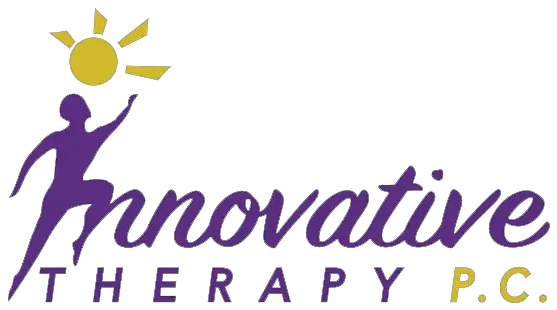


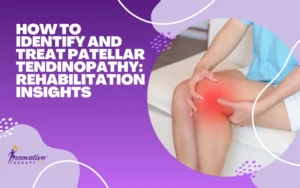


One Response